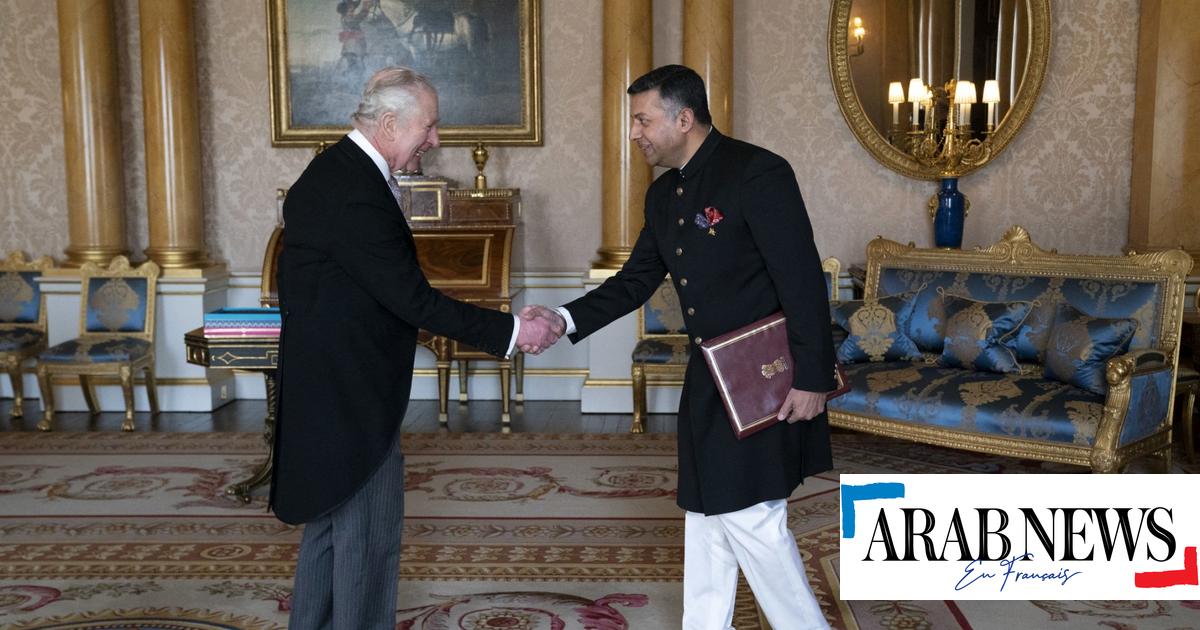BAKU, Azerbaijan: A UN mission arrived in Nagorno Karabakh on Sunday, for the first time in three decades, Azerbaijan announced as the majority of the local Armenian population left the enclave following its recapture by Baku.
Azerbaijan’s presidential spokesman told AFP that the UN mission had arrived “Sunday morning” with the primary task of assessing humanitarian needs on the spot.
Previously, the UN announced it had received the green light to send a mission to the region this weekend. On Saturday, France regretted that Azerbaijan only agreed to this mission after the mass exodus of Armenians.
Armenian separatists, who controlled Nagorno Karabakh for three decades, surrendered and agreed to lay down their arms last week, after a lightning offensive by Azerbaijan.
In total, nearly 600 deaths have been reported following these attacks. The battle itself killed around 200 soldiers on each side.
Since then, the enclave has been almost completely abandoned by its residents, and more than 100,000 refugees – out of the 120,000 residents who officially live there – have fled to Armenia for fear of reprisals from Azerbaijan.
“There are still several hundred civil servants, emergency workers and people with special needs, who are also preparing to leave,” wrote former Nagorno Karabakh human rights ombudsman Artak Beglarian on X (formerly Twitter).
On their flight over the only mountain road connecting the region to Armenia, at least 170 people were also killed in a fuel depot explosion on Monday, which also left 349 people injured, most of them with serious burns. .
More than 45,516 people are currently in state-provided accommodation, according to the Armenian government.
– Prayer Days –
Armenia, whose majority population is Christian and facing a large refugee influx that has raised fears of a serious humanitarian crisis, for its part celebrated a day of prayer for Nagorno Karabakh on Sunday.
Church bells rang across the country and the head of the Church, Garegin II, celebrated mass in Armenia’s main cathedral near Yerevan.
The chaotic currents have revived accusations of “ethnic cleansing” and Yerevan has filed a new appeal with the International Court of Justice (ICJ), demanding immediate action to protect the enclave’s residents.
Azerbaijan denied accusations of “ethnic cleansing” and assured residents of the enclave that they were free to leave or stay, Hikmet Hajiyev, an adviser to Azerbaijan’s president, told AFP on Saturday.
Mr. Hajiyev confirmed that a “reintegration” program was being developed for those who wish to remain and that Azerbaijani soldiers “have not yet entered” Stepanakert, the “capital” of the separatist enclave that remains inaccessible to the press. .
“We deliberately refrained from flying the Azerbaijani flag, we know there are still civilians and we know their fear,” said Hikmet Hajiyev.
Azerbaijani security forces were deployed in Nagorno Karabakh to protect certain sites, particularly religious ones, according to Baku, and negotiations between Azerbaijani officials and those responsible for the enclave were planned for Monday in Stepanakert.
Negotiations between Azerbaijani President Ilham Aliyev and Armenian Prime Minister Nikol Pashinian are also scheduled for next Thursday in Granada, Spain.
The separatist enclave on Thursday decreed the spectacular dissolution of its institutions on January 1, 2024, a historic announcement that marked the end of the existence of the self-proclaimed Nagorno Karabakh republic.
The refugees’ fears, according to Yerevan, were fueled by a series of “illegal arrests”, even though Azerbaijani authorities have committed to allowing the rebels to leave if they hand over their weapons.
Several officials from the enclave have been detained accused of “terrorism” and other crimes, such as former foreign affairs official David Babaian, who was arrested on Friday.
While refugee admissions have been difficult to organize, Pashinian’s opponents, accused of passivity and abandonment by Moscow, made their voices heard again on Saturday in the streets.
Yerevan blames Russia, its traditional ally which was supposed to guarantee full respect for the ceasefire since 2020 and not intervene.
The separatist enclave of Nagorno Karabakh, backed militarily and economically by Yerevan, opposed Baku for more than three decades, especially during two wars between 1988 and 1994 and in the fall of 2020.

“Twitter junkie. Hipster-friendly bacon expert. Beer ninja. Reader. Communicator. Explorer. Passionate alcohol geek.”







